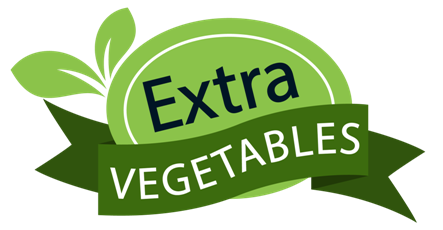
Living a healthy lifestyle is deemed necessary, but it can be quite costly. However, this doesn’t mean you should rather sacrifice a healthy diet and miss out on regular exercises than threaten your wallet.
Taking care of your optimal health without blowing your entire budget is possible. Cheap eats can still be healthy, and self-workouts can be effective. How to do so? Here are some tips for pulling off a healthy lifestyle on a tight budget.
Stay Fit for Free
There’s no need to dig deep into your pocket to stay physically fit. If you’re out of budget for expensive membership fees, do meditation at home, watch YouTube workout tutorials, jog around your neighborhood, or follow some dance craze on TikTok. They’re all for free!
Many free fitness apps and tech-enabled fitness equipment can walk you through your entire workout routine as well. You can do all of these in the convenience of your own home and while at a fraction of the cost.
Gain from Sales Promotions
Take advantage of several sales promotions out there too. For example, you should get a free card for your prescription medications, search for online coupons for your grocery, or make good use of free trials or low-cost deals for online or at-home workout programs.
Your company might even offer a fitness reimbursement plan, a no-cost fitness center, discounted rates for gym memberships, or rewards or incentives for staying fit. So be sure not to miss out on these chances.
Sub in Meat-Free Proteins
Meat, fish, eggs, milk, and protein powders aren’t the only ones that can meet your daily protein needs. You can rely on plant-based proteins too! In reality, they’re way cheaper than the other protein sources. Take dried beans and legumes, for example. There’s also seitan that has a meat-like texture when cooked too.
Many people think they’ll have to spend more if they opt for plant-based proteins. They thought meat-free protein sources aren’t usually complete. So to get all those essential amino acids our bodies can’t produce on their own, they might have to buy more plant-based sources. The thing is, all of these are untrue.
First, several plant-based proteins are complete. Quinoa, buckwheat, soy products, chia seeds, spirulina, tempeh, and amaranth, to name a few. Second, you don’t necessarily need complete protein sources if you’re eating a varied, balanced, healthy diet.
Stay Local and Seasonal
You will lighten your wallet if you buy imported or off-season fruits and veggies year-round. If you want to save big, opt for fresh produce that’s in season. Not only are they wallet-friendly but also packed with more nutrients.
You can also save a lot more when you buy fresh produce at your local farmer’s market than at grocery stores. More importantly, try to check them out at the end of the day. Sellers tend to cut the prices down before calling it a day, so they won’t have to haul perishables back home.
Trust Frozen and Canned Products
Your food doesn’t have to be fresh to be nutritious. Both fresh and canned produce is nutritionally similar to fresh foods. The thing is, even with the same nutrients, frozen and canned goods are way cheaper compared to their fresh counterparts.
Frozen fruits and vegetables may even be more nutrient-dense than their fresh counterparts. They’re harvested at peak ripeness and then frozen right away, which preserves their nutrients. Since they’re frozen, their shelf life is longer. That also means you can still enjoy them even if they’re out of season.
Pick frozen products with convenient resealable packaging. It lets you get what you only need and store the rest easily. Also, choose something that is not sauced or lightly sauced. Avoid those with added butter or cream sauces that usually have extra sugar, salt, and empty calories. For canned goods, choose something that’s canned in water or juice. Avoid those that come in syrup, which is doused in added sugar or salt.
Pick Homegrown Over Organic
Foods marketed as “organic” may be environmentally-friendly, but they’re usually stamped with a 20% higher price tag than conventional produce. And truth be told, organic farmers still use fertilizers or pesticides made from natural substances, which can still put your health at risk.
The best way to ensure pesticide-free, fresh, and inexpensive produce is to grow them by yourself at home. Start with some simple herbs. They’re generally resilient, so they’re very beginner-friendly. Also, herbs taste better when they’re freshly picked. Finally, they’re quite costly when bought, so having them at your fingertips is a great way to save money.
Final Thoughts
Always bear in mind that health is wealth. Maintaining a healthy lifestyle will require investments. However, staying unhealthy and eventually suffering from a health condition will cost you even more money.

